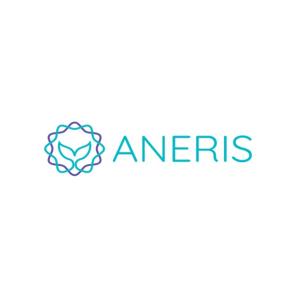 \
&
Contact us
\
&
Contact us
 \
&
Contact us
\
&
Contact us
In order to close the research and innovation gap between the European Member States, the Commission has designed the Spreading Excellence and Widening Participation strategy. Measures supported under this strategy will help low R&I performing EU countries to increase their participation in Horizon Europe.
There is a wide range of actions that can be used to achieve this objective from enhancing research and innovation capacity, spurring national reforms, facilitating brain circulation, launching measures for promoting excellence to creating new collaborative networks across the EU and supporting the opening of established networks to applicants from widening countries.
The 2023-2024 Work Programme will include four traditional widening instruments in addition to a number of novel elements included in the advancing Europe package agreed by the legislators in March 2019 to create impact on the above mentioned actions:

manhei.to@fwo.be
+32 2 550 15 55
Find the contact info on the site of WEWIS
The National Contact Points (NCPs) provide support, guidance, and practical information to potential applicants, helping them navigate funding opportunities and application processes.
The Programme Committee (PC) members represent their country in decision-making about the work programmes, evaluate implementation, and provide strategic input on priorities and calls.
Research Infrastructures Health Culture and society Security
In the context of simplification, the Commission has introduced the following substantial changes in the Standard Application Form (Version 5.0) for Horizon Europe Research & Innovation Actions (RIA) and Innovation Actions (IA) and Coordination and Support Actions (CSA): Simplified section 2.1 'Project's pathways towards impac... read more
MSCA Research Infrastructures Health Culture and society
On 11 December 2025, the European Commission has adopted the Horizon Europe Main Work Programme 2026-2027 and has published it on the EU Funding & Tenders Portal. The Work Programmes can be found under reference documents on the Funding & Tenders Portal.On the NCP Flanders website the published work programmes can be consulte... read more
MSCA Research Infrastructures Health Culture and society
The European Commission and/or its agencies organise info days on the 2026 call topics and these are often complemented by brokerage events, organised by National Contact Point (NCP) networks and/or the Enterprise Europe Network (EEN). These events provide opportunities to connect with potential collaboration partners. In addition, several pro... read more
Infosheets contain edited content on aspects related to this programme. They are reviewed at least yearly.
Related links are easy pointers towards external information. We curate the list, but are not liable for the destinations.
Documents contain additional information related to this programme, and are similar to related links.

Funded under Horizon Europe (HORIZON-INFRA-2022-TECH-01) and running from 2023 to 2026, the ANERIS project aims to tackle the rapid loss of ocean biodiversity. The project’s main objective is to develop, test and implement the next generation of scientific instrumentation tools and methods for sensing and monitoring marine-life. Another key concept of the project is the introduction of the concept of Operational Marine Biology (OMB) as a biodiversity information system. The project consortium consists of 25 partners from 13 countries. Read more about the project and the contribution of Flemish partner VLIZ in this testimonial.